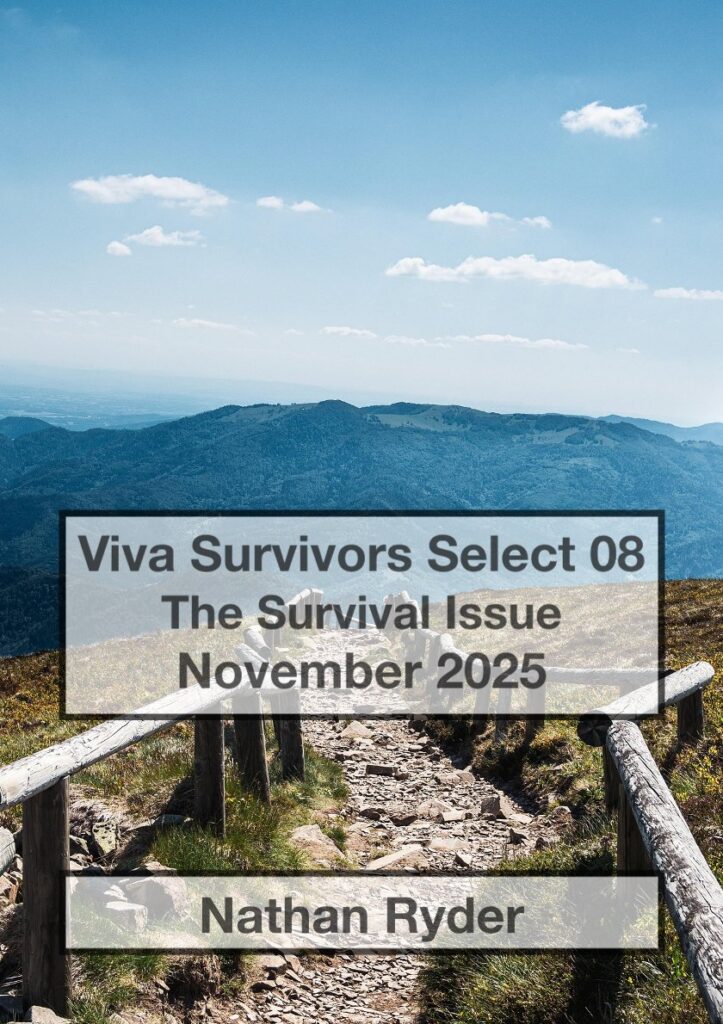A Chorus
Since KPop Demon Hunters exploded into our family life earlier back in June my daughter has been exploring more Korean music – which means that my wife and I have been as well!
Some K-pop is in a mix of English and Korean. Consequently we don’t always know the full meaning of the lyrics when we hear them but still the words get stuck in our heads. A repeated chorus means we remember the words even if we don’t always know them.
Repetition helps you remember. It’s a simple thing to keep in mind but could be very helpful ahead of the viva.
Rote learning to memorise key research points will help a little but what matters far more is repeating and reminding yourself of what you did and how you got this far.
Repeating and reminding yourself lifts your confidence: you did all of that so now you can do whatever you need to do at your viva.
Remind yourself of what you did, the challenges you faced and the outcomes you made, to really remind yourself of what you can do.
Keep saying it and keeping reminding yourself until you really believe it.
PS: for more encouragement take a look at The Survival Issue, the latest issue of Viva Survivors Select. In twenty posts from the Viva Survivors archive plus new writing I explore what it takes to make it through the viva and what you can do to remind yourself of how far you’ve come – and how you did it. Take a look!
